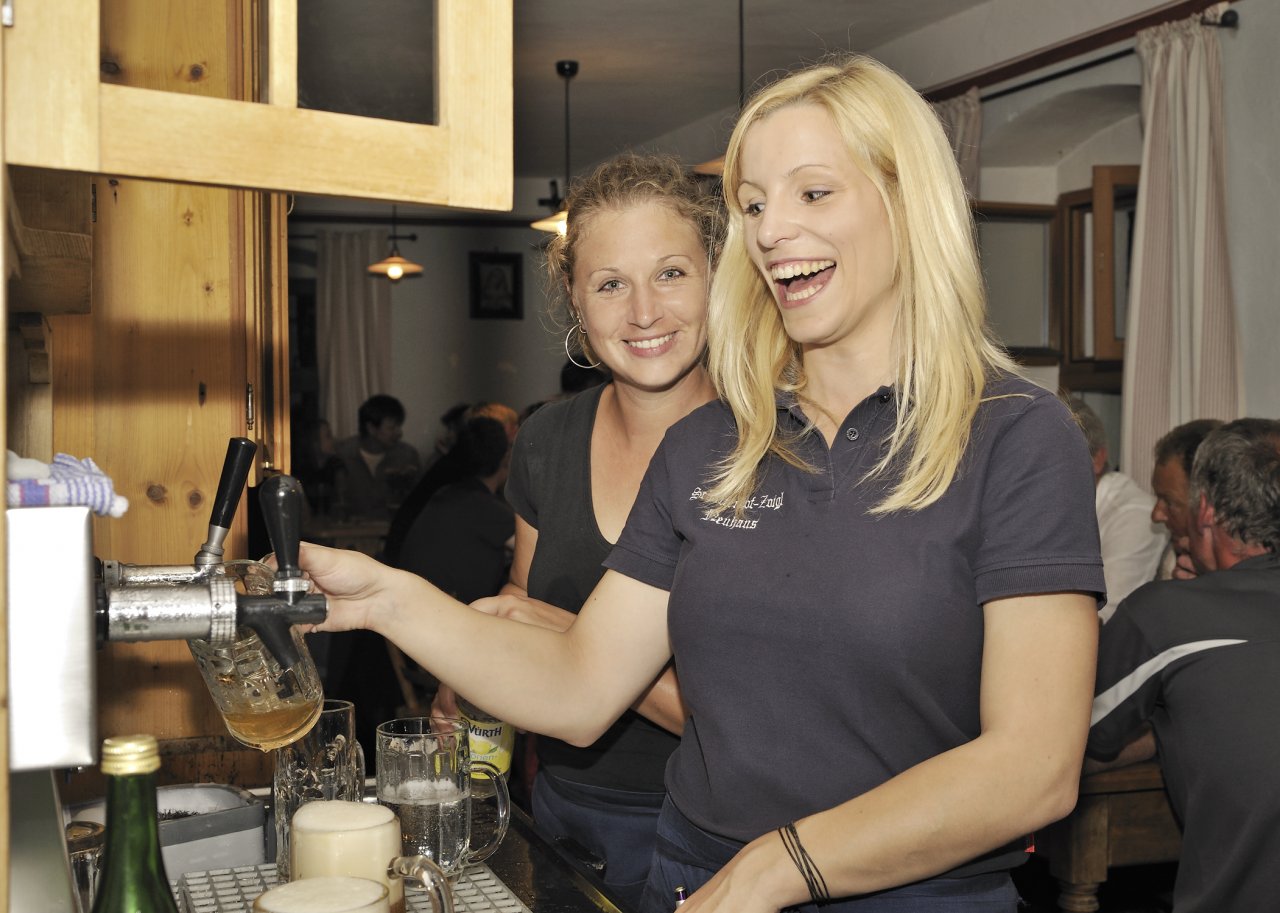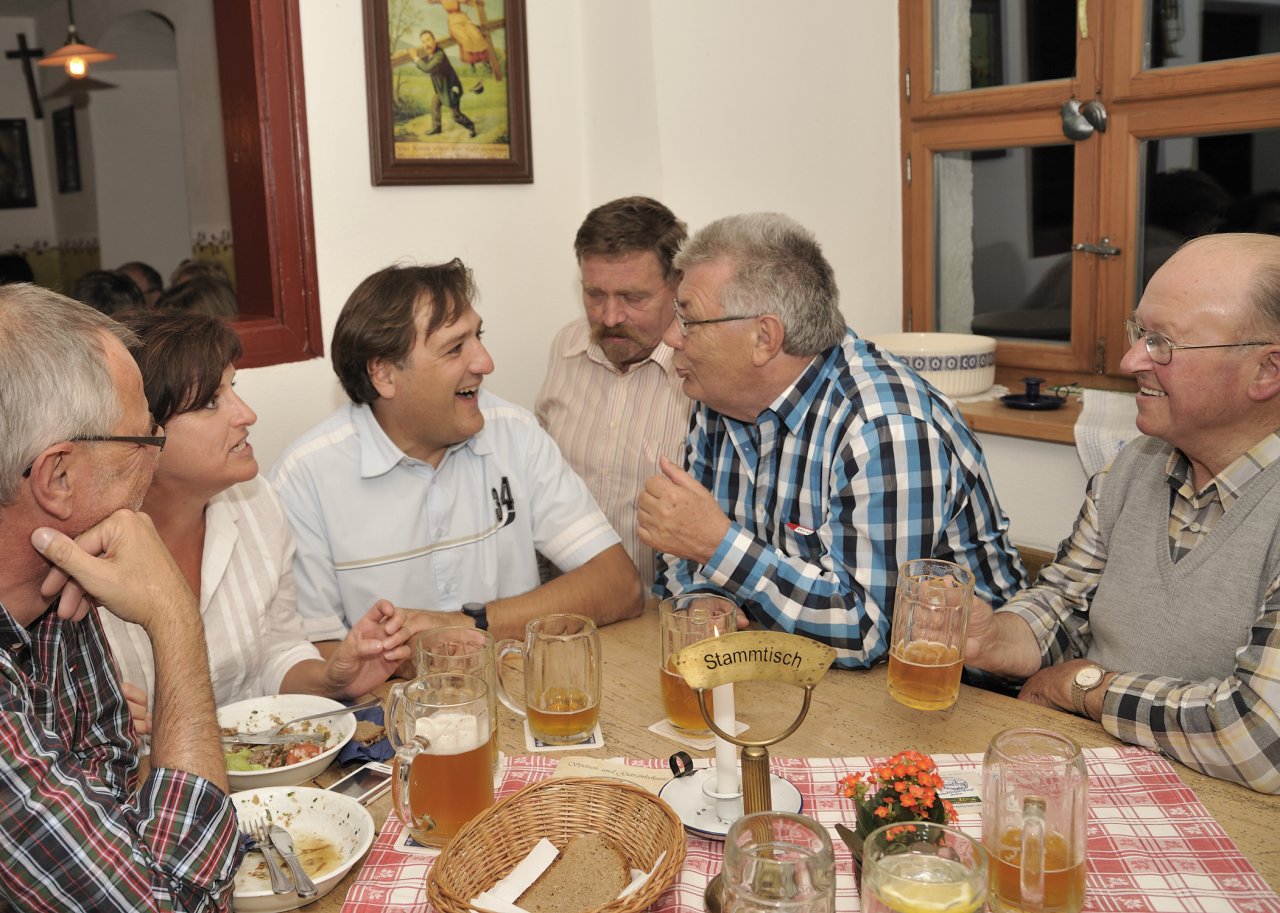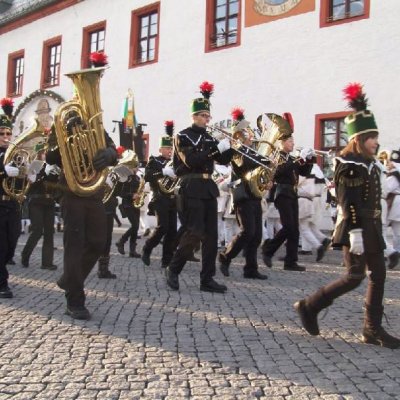Nationwide Inventory of Intangible Cultural Heritage
The Upper Palatinate Culture of Zoiglbeer

Since the 15th century, the tradition of Zoiglbeer comprises the idea of collective brewing and enjoyment of this special kind of beer. Its consumption goes hand in hand with a variety of rituals and traditions like singing songs and discussing local politics. Temporary lay hosts open their premises for a get-together. The beer is served only on special occasions accompanied by light snacks for reasonable prices, however, not for commercial purposes but for local events.
Facts & Figures
- Crucial date: Throughout the year
- Inscription: 2018
- Domains: Social practices, rituals and festive events; traditional craftsmanship; oral traditions and expressions
- Where to find: Upper Palatinate (Bavaria)
Contact
Schutz-Gemeinschaft Echter Zoigl vom Kommunbrauer e. V.
Reinhard Fütterer
kontakt@zoiglbier.de
Website
Zoiglbeer is beer brewed by local citizens in communal breweries. The knowledge is passed on informally. The brewers also function as temporary lay hosts that serve their Zoiglbeer to guests on special occasions. They also offer light snacks and warm bread.
The Upper Palatinate culture of Zoiglbeer is the last surviving remnant of a communal brewing system that used to be widespread in large parts of Southern Germany in the high Middle Ages. Today citizens only practise the traditional Zoigl culture in five villages in Upper Palatinate: Neuhaus (since 1415), Windischeschenbach (since 1455), Falkenberg (since 1467), Eslarn (since 1522) and Mitterteich (since 1516). Until the 20th century, self-brewed beer served as an important food product for the rural population. It was also a preindustrial way of preserving crops in harsh, humid climates.
“Zoiglbeer Parlours” offer a diverse culture of communication and entertainment. Get-togethers encompass particular customs and songs as well as business deals and discussions about local politics. Today, those parlours are of high importance for the inhabitants of the regions, as they contribute to a sense of solidarity. Furthermore, the culture highly resonates with the locals as well as with tourists and enables anyone to participate.





